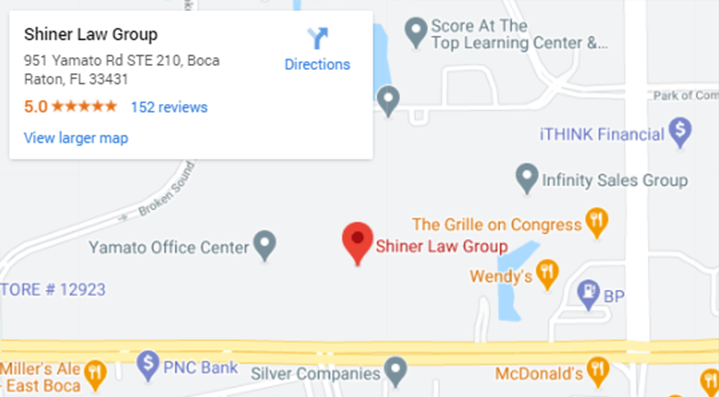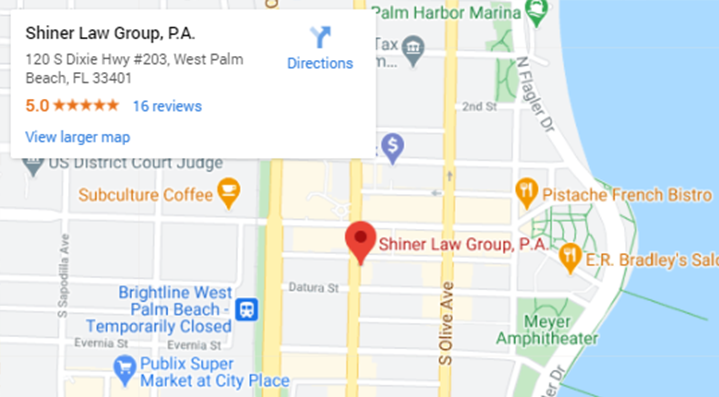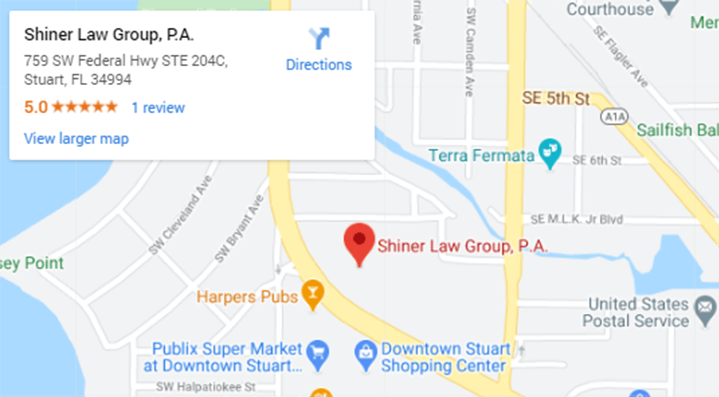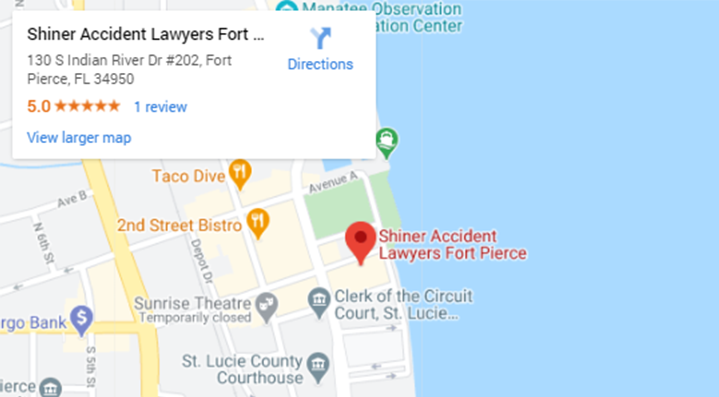Sticks And Stones Will Break My Bones And Defamation Will Hurt Me
People are injured every day because of an accident all over the state of Florida and accidents resulting in injuries in is no exception. Our firm’s personal injury attorneys represent people who were hurt because of someone else’s negligence. Personal injury lawyer David Shiner and the firm’s accident injury lawyers represent people for their insurance claims who live both in the city of and the surrounding Palm Beach county local areas.
Whether you like it or not, social media has had a tremendous impact on American culture.
It cannot be denied that social media has resulted in people feeling more comfortable sharing their ideas, dislikes, and opinions on the internet; most of the time without regard to potential consequences.
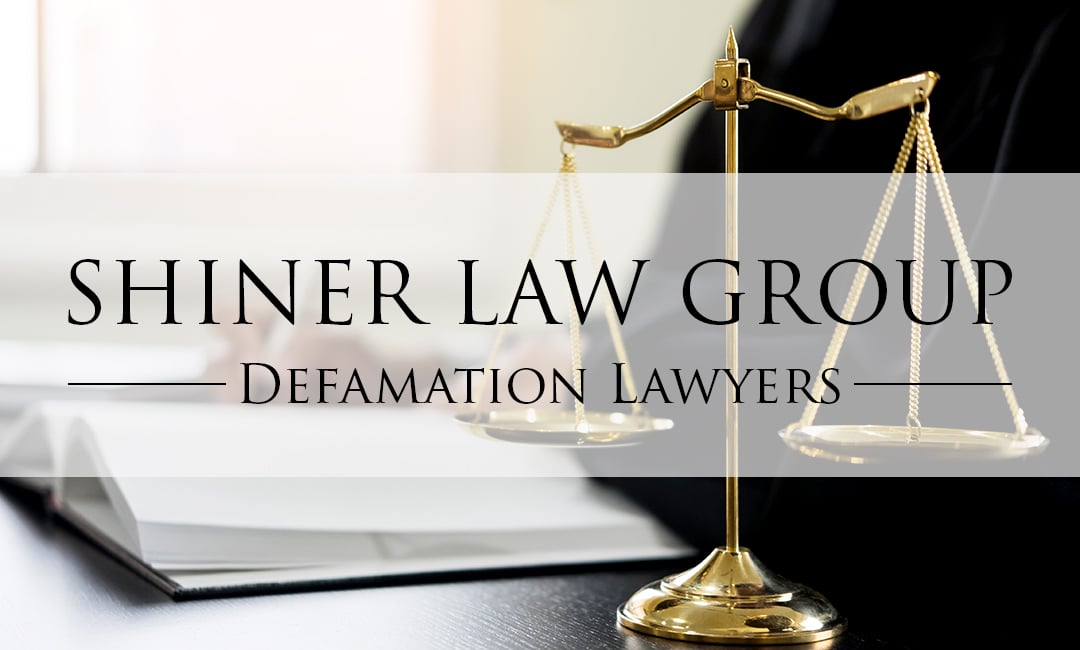
“Sticks and stones can break my bones, but words will never hurt me” may not always be true!
In modern America, we need to be aware of possible serious problems people may face when making untruthful statements on social media and the internet.
Defamation, a word many people have heard but don’t always understand, knows no boundaries. So, what is defamation and how is it construed in the online and social media world.
Defamation is a term used to describe a statement about a person or a thing that is not true and can be broken down into two different categories – libel and slander.
If the false statement is spoken, then the is considered “slander.” And, if the false statement was written, then the term is liable. An easy way to remember this is that slander is spoken – both begin with an “s.”
Today there is little immunity to a defamation lawsuit, however, the “truth” to the statement is always an absolute defense.
So, given people’s freedom to “say what they want” on social media, what is the most likely thing to cause you to get sued?
Generally, what causes people to fall into hot water are statements that are negative about someone and are opinion.
Under Florida law, defamation is:
- A statement made concerning the person;
- That is shared with a third party;
- Is made negligently, and
- Causes the person who was defamed damage.
So, what is Defamation Per Se? Most states recognize defamation per se as a cause of action.
In short, defamation per se is a statement that, under the law, is so damaging that there is a presumption of damages and injury.
For instance, a statement asserting that someone was found guilty of selling cocaine (if not true) would qualify as defamation per se. Likewise, a false statement attacking a person’s ability to conduct business is also defamation per se.
Interestingly, public figures can be treated differently than a private citizen (so if you keep making jokes about politicians you may be safe).
However, being a public figure does not give the other person absolute immunity to say whatever they feel.
In some cases, making a false statement about a public person may cause even more harm.
Although, being a public figure may create a few more hurdles than that of a private citizen.
The seminal case addressing defamation claims related to a public figure was dealt with in the case New York Times Co. v. Sullivan, 376 U.S. 254 (1964).
The Sullivan case held that a public official, or legitimate public figure, must prove the false statement was published knowing it to be false or with reckless disregard for its truth – actual malice.
Nevertheless, with the propensity of people simply “saying what they want” on social media, it is important to make sure “what you say” is truthful.
Making a statement about someone that is not true can hurt and can, in some cases, have a long-lasting impact.
A general piece of advice to think about next time you want to post something on social media and the internet — Be careful what you say… sometimes words can hurt more than you thought.

